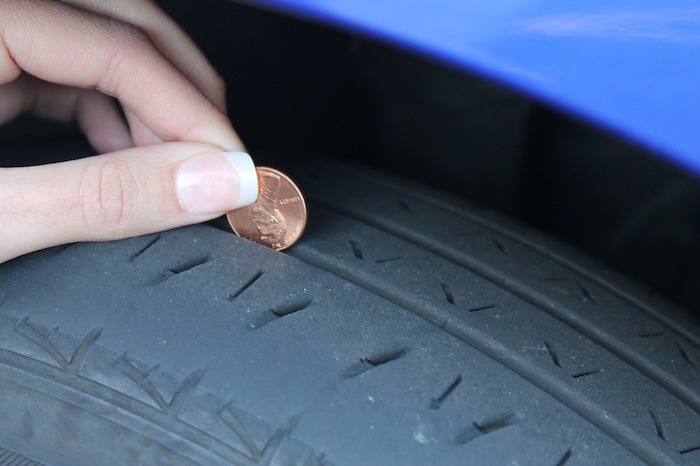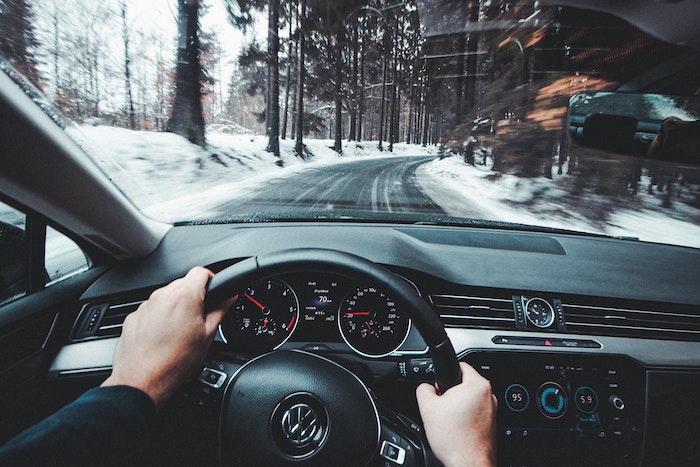What to Check on Your Car Before Going On a Road Trip

Going on a road trip can be an exciting adventure filled with beautiful landscapes, quality time on your own or with your loved ones, and unforgettable memories. However, if you do not perform the proper checks before you head out, you could find yourself in real trouble.
If there is a mechanical breakdown, it could lead to an accident, which will have you stranded and looking for a tow service or even car accident attorney nearby instead of enjoying your vacation.
But you can avoid that by keeping in mind the following car checks before you embark on your trip:
1. Battery Check
Your vehicle’s battery is an essential part. The last thing you want is to make a sightseeing stop and then find out you are unable to start your car.
Signs of battery issues include having the battery light on or you might find that the lights on the dashboard or your vehicle’s lights are dimmer. In this case, you should bring your vehicle in for a check-up as soon as possible.
In addition, even if none of the previous signs are there, it is always a good idea to perform a quick check before a long trip. Make sure there are no leaks and that the battery is working as it should before you head out.
2. Inspecting Belts and Hoses

With time, normal wear and tear of your vehicle will require you to make important replacements. Some of these include belts and hoses. You should always verify that the belts are tight and there’s no slack. You should also check that they are not frayed in any way before you head out.
When it comes to hoses, it is important to check for any leaks as the coolant system directly depends on this. Both belts and hoses are important parts of your vehicle that help you have steering control. Plus, the electrical part of your vehicle depends on these systems as well.
3. Is the Oil Clean?
Your engine’s oil is an integral part of your vehicle. When it is dirty, not the right quality, or not the right fit for your ride, this could lead to serious engine issues. Therefore, to avoid costly repairs and unwanted situations while you drive, you must perform oil changes regularly.
It is especially important to perform an oil check before you embark on your trip. You should check not only if the oil is clean, but also that there are no leaks and the oil levels are as they should be. This is a great way to avoid huge headaches and prevent your trip from becoming a nightmare.
4. Tire Check
It is well-known that tire pressure needs to be checked regularly, particularly before a trip. It’s very inconvenient when you have to change a tire in the middle of the road.
A way to prevent that is by checking not only tire pressure, but also the state of your tires. Check for any items that might be an issue, such as nails, and verify the tread of your tires are in good condition.

Worn out tires lose their grip and are dangerous on the road. If an animal appears out of nowhere and you have to perform a quick maneuver, having worn out tires could lead to a serious accident.
Also, don’t forget to check the state of your spare tire as well.
5. How’s the Brake System?
The brake system has many different parts, including fluids, brake pads, and discs. They all need to be in perfect shape and it is extremely important to check before embarking on a long road trip.
Also, if you hear high-pitched noises whenever you brake or if it’s taking you longer to reach a full stop, something is probably wrong with your brakes and you should have them checked immediately.
By getting the brake system checked, you’ll be able to make the necessary replacements needed to drive safely. Ideally, top off the brake fluid and change the brake pads before the trip. If you don’t do this where necessary, you risk damaging the discs, which is a more expensive repair.
6. Air Conditioning and Heating
If traveling during the winter, the last thing you want is to be freezing inside your car.

Similarly, the heat of the summer can make your road trip unbearable if your AC is not working as it should be.
That is why it’s important to check coolant levels and that the entire system is working as it should be.
7. Emergency Gear
Emergency tools are a must when embarking on a road trip. Flashlights, screwdrivers, equipment to change a tire, and even a reflective warning triangle should always be in your vehicle. This will allow you to take action if there are any mishaps on the road.
Check that you have everything with you before you start your trip to avoid headaches later.
8. Final Overall Check
Take a complete look around your entire vehicle. It’s very important that you perform one final, sweeping check of the overall state and condition of your car.
Are all the lights working? If one of your tail lights is out, for example, you could endanger your life and the lives of other road users, and end up getting pulled over by police and fined.
Being on the road is a great responsibility and making sure your vehicle is in top shape before heading out is entirely on you. If you are not as knowledgeable as you would like, you can always bring it to an expert and have them check everything is in working order.
Make sure you check all the systems mentioned above to have a great time on the road!





















